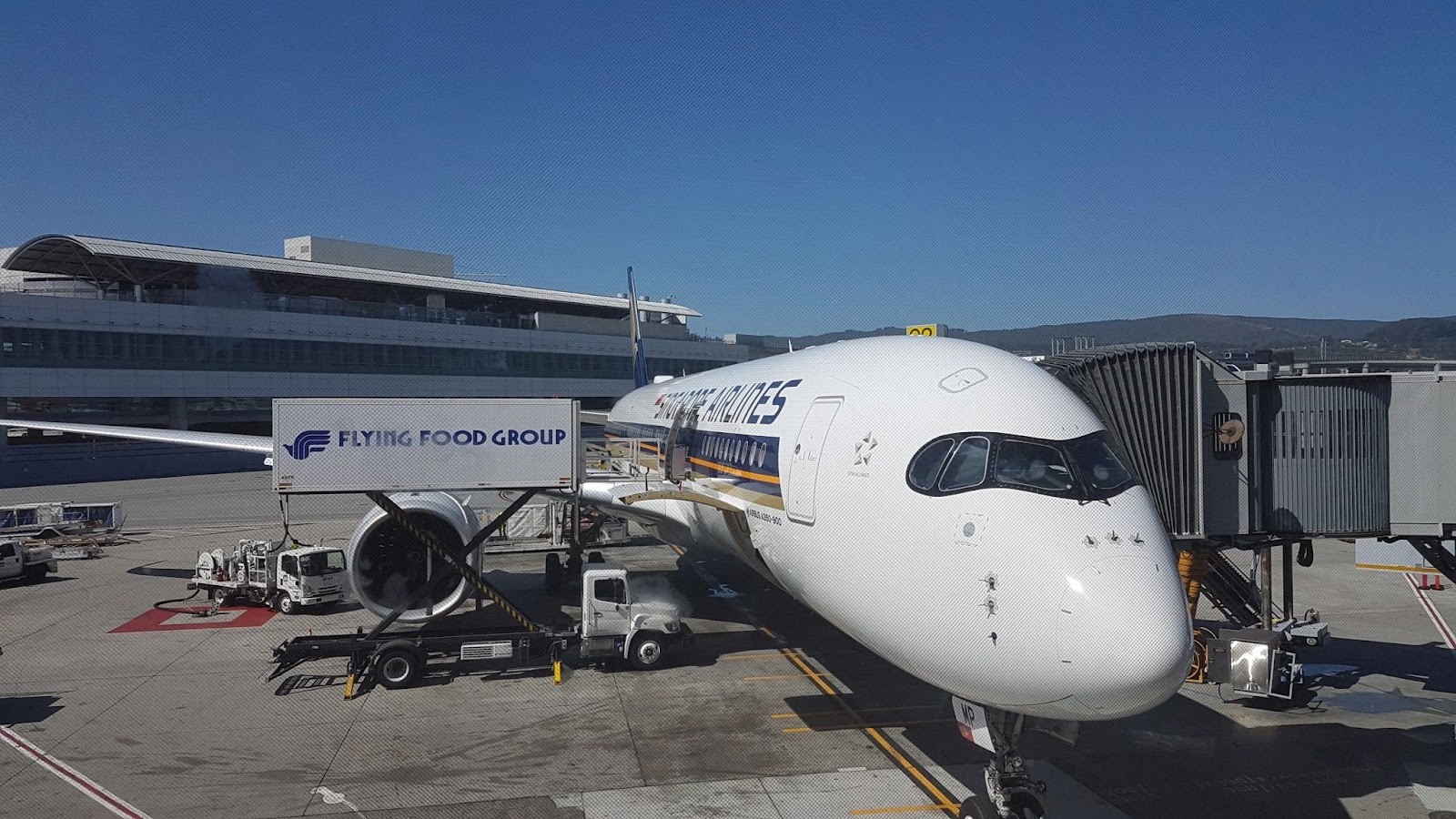What is Media Relations Training?
Any executive in a senior or emerging leadership role should undergo media relations training combined with verbal communication and stakeholder speaking skills. These skills form the foundation of essential core competencies necessary for career progression and success.
Why is Media Training Important?
Media training is crucial for professionals who may need to interact with the media or anticipate doing so in the future. This includes individuals and leadership teams from diverse fields such as business and corporate executives, government officials, industry experts and stakeholder spokespeople.
For example, we helped an executive leadership team develop key messaging and learn skills for interactions with media and their stakeholders on a very controversial and sensitive issue. The company needed to get some breakthrough on media reporting which had been very negative and one sided, threatening the very survival of the industry.
Post training, media reporting was much more balanced and not all negatively slanted. The spokespeople were able to take control of the media interviews and stakeholder interactions with positive, cut-through messages to successfully challenge false ‘facts’ put forward by journalists. Prior to this, they did not think they could correct journalists and found challenging inaccurate stakeholder opinions uncomfortable. We showed them effective techniques to do that and they achieved fantastic results.
Who Should Take Media Training?
Media training is beneficial for anyone looking to enhance their verbal communication and public speaking skills. Even introverts and those facing impostor syndrome can learn to become confident and influential communicators.
How to Prepare for Media Training?
Preparing for media training involves understanding the basics of media dynamics, public speaking, and effective engagement with journalists.
Executives should be ready to delve into various aspects of media skills, including key messaging, interview techniques, injecting personality, storytelling, body language and managing difficult or challenging questions, to name a few key areas.
How to Train for the Media?
Media relations trainers – who are all former journalists – specialise in coaching individuals on the intricacies of how the media works, public speaking techniques, and effective engagement strategies.
Training sessions cover a range of skills, ensuring participants are well-equipped to navigate media interviews, public speaking opportunities and stakeholder engagement.
How Long Does Media Relations Training Take?
The duration of media training can vary according to each client’s needs – which can be vastly different. Typically, in a session or sessions – backed by qualified executive learning with instructional design – key aspects of the media ‘game’ and the most effective media skills are covered. The focus is on imparting practical knowledge and understanding of the way the media ‘game’ is played between all players, allowing individuals to gain confidence and proficiency to successfully ‘win’ at the ‘game’.
Individual sessions or a comprehensive media skills program involve foundational media skills, media awareness for those not directly being interviewed by the media (think communications professionals and frontline personnel), media messaging development, executive media skills, senior executive media skills, senior executive advanced media skills, CEO media skills, Directors’ media skills, subject matter expert media skills, Mayor and Councillor media skills, issues management media skills for executives and media executives, crisis media skills for executives, senior executives and leadership teams. All of which are completely tailored to specific needs following a needs analysis.
How to Choose the Right Media Relations Trainer?
Selecting the right media trainer is crucial to ensuring the success of the training. Look for professionals who specialise in media dynamics, public speaking, and effective engagement. Consider their expertise in key areas such as messaging, interview techniques, and managing challenging questions.
Make sure that trainers have long term clients in a diverse range of industries and government entities. Always request training credentials and ensure you are given up-front information on the type of training systems the sessions are based on, to guarantee training success.
By engaging Communication & Media Manoeuvres to provide your team with media relations training, you will develop skills which include: confidence, persuasion, control of the interview, essential key message delivery, public speaking skills, presentation skills, question and answer skills and of course, enjoyment of and enthusiasm for engaging with the media.
Crafting Impactful Public Speaking Presentations
Public and stakeholder speaking skills training involves creating relevant and engaging presentations.
Techniques include developing the architecture of presentation content, mastering body language, the power of storytelling, key messaging, powerful openings and closings, and breaking free from outdated habits like ‘Death by PowerPoint’.
Adaptability to Any Question
Training sessions ensure individuals can answer every type of question on the fly and effectively manage challenging or difficult questions with poise and confidence.
Bridging Knowledge and Practice
Media relations and public speaking skills training bridge theoretical knowledge with practical application. This combination equips executives to deliver key messages, handle media interviews, and conduct presentations with composure.
Effective Representation
The training empowers executives to represent their organisations or themselves effectively in the public eye and among influential stakeholders.
Heading Toward Confidence and Adeptness
By providing individuals with the necessary knowledge and supported practice, media interview, public speaking and stakeholder engagement skills training helps executives become more confident and adept at delivering key messages, handling media interviews, and presenting with presence.
If confidence, career progression and enjoyment of public speaking and media interviews is a ‘must have’ rather than a ‘nice to have’ in your working life, let Communication & Media Manoeuvres show you how we can transform you into a speaker who is noticed and admired by peers and sought after by the media because you are “great talent”.






